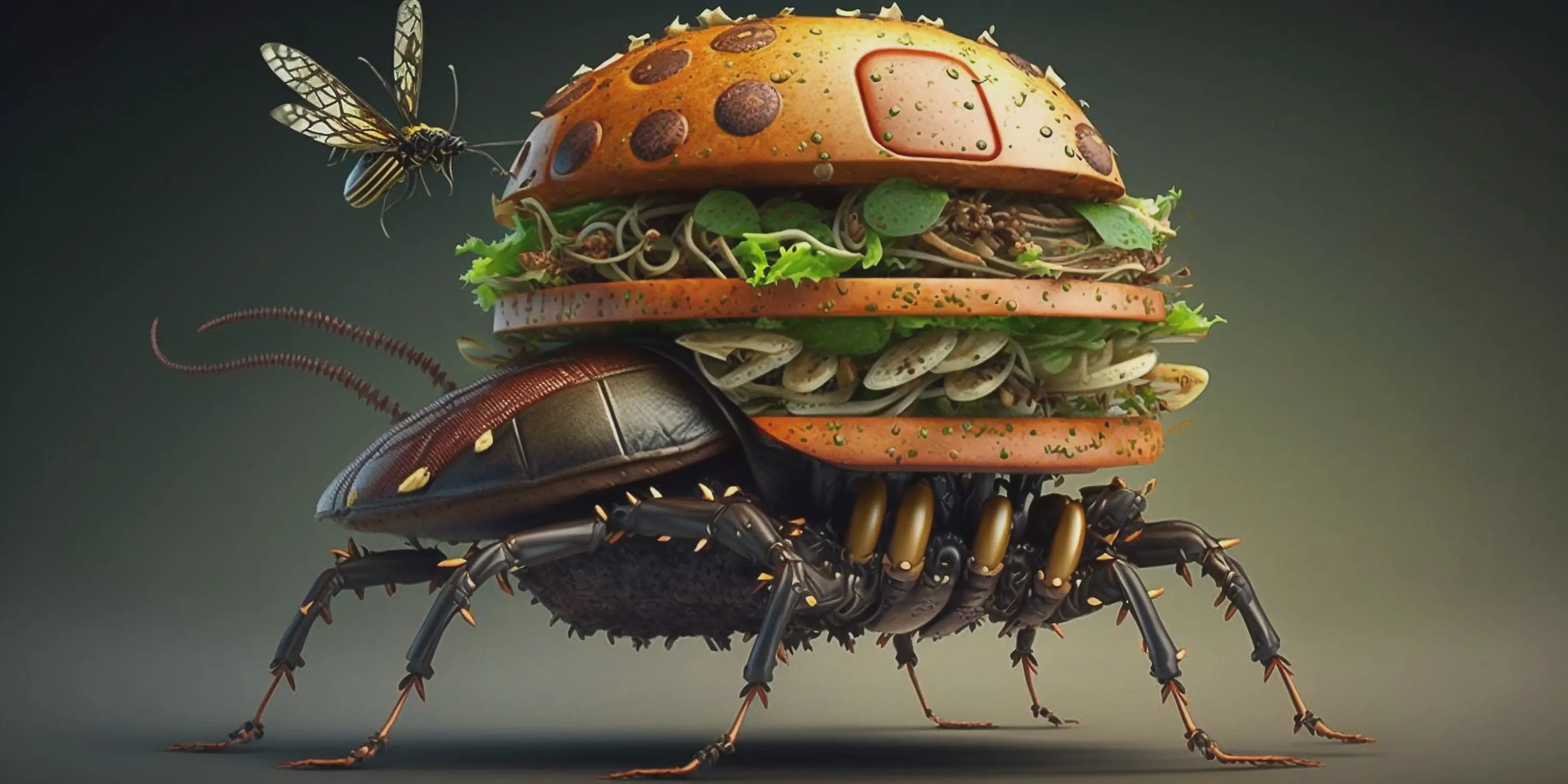
Protein Overview
By Jens Geffken - WrittenHere is a brief comparison in six points that highlights the differences between animal and plant-based proteins, focusing on the advantages of plant-based proteins. It also considers the use of antibiotics and artificial hormones in industrial animal production and their potential impacts on human health, including cancer rates, miscarriages, and depression.
1. Antibiotic Resistance and Health Risks
-
Animal Protein: In industrial animal farming, antibiotics are often used preventively to avoid diseases and promote the growth of animals. This leads to the development of antibiotic-resistant bacteria that can transfer to humans. Consuming meat products containing such bacteria increases the risk of infections that are difficult to treat and are associated with a higher mortality rate.
-
Plant Protein: Plant-based protein sources are free from the use of antibiotics, eliminating the risk of spreading resistant bacteria. This protects health and significantly reduces the danger of antibiotic resistance, which can lead to severe infections.
2. Artificial Hormones and Hormone-Related Diseases
-
Animal Protein: In the industrial production of meat and dairy products, growth hormones are frequently used to increase production. Consuming hormone-laden products is associated with a higher risk of hormone-dependent cancers, such as breast, prostate, and uterine cancer.
-
Plant Protein: Plant-based protein sources contain no artificial hormones, thereby eliminating the risk of hormonal disorders and related cancers. A diet rich in plant proteins can help reduce the risk of these serious diseases.
3. Effects on Pregnancy and Reproduction
-
Animal Protein: Exposure to the hormones and antibiotics found in animal products is linked to negative impacts on reproductive health, including an increased risk of miscarriages and infertility.
-
Plant Protein: Avoiding animal products and consuming plant-based protein can reduce the risk of reproductive disorders. Plant-based diets promote healthy pregnancies and support reproductive health without the burden of harmful residues.
4. Depression and Mental Health
-
Animal Protein: Some studies suggest that consuming meat, particularly products from factory farming, is associated with a higher risk of depression. This may be due to the hormones and inflammatory factors present in meat.
-
Plant Protein: Plant proteins are rich in nutrients important for mental health, such as omega-3 fatty acids, antioxidants, and fiber. A plant-based diet can help reduce the risk of depression and promote overall mental well-being.
5. Cancer Prevention
-
Animal Protein: High consumption of red and processed meat is linked to an increased risk of various cancers, especially colon cancer. The preservatives, hormones, and antibiotics in meat products can have carcinogenic effects.
-
Plant Protein: Plant proteins, especially those from legumes, nuts, and seeds, are associated with lower cancer rates. Plant-based foods contain antioxidants and phytochemicals that reduce cancer risk and strengthen the immune system.
6. Overall Health and Sustainability
-
Animal Protein: The consumption of animal protein, especially from industrial production, is associated with various health risks and contributes to environmental destruction. The use of hormones, antibiotics, and related health risks contradicts a sustainable and health-promoting diet.
-
Plant Protein: A plant-based diet is not only healthier for humans but also more environmentally friendly. It reduces the risk of chronic diseases, promotes overall health, and supports environmental protection.
Summary
In all aspects considered, from avoiding antibiotic resistance to protecting against hormone-related diseases, to promoting mental health and cancer prevention, plant protein emerges as the more advantageous choice. It not only safeguards individual health but also protects the environment and contributes to a more sustainable and ethical diet.